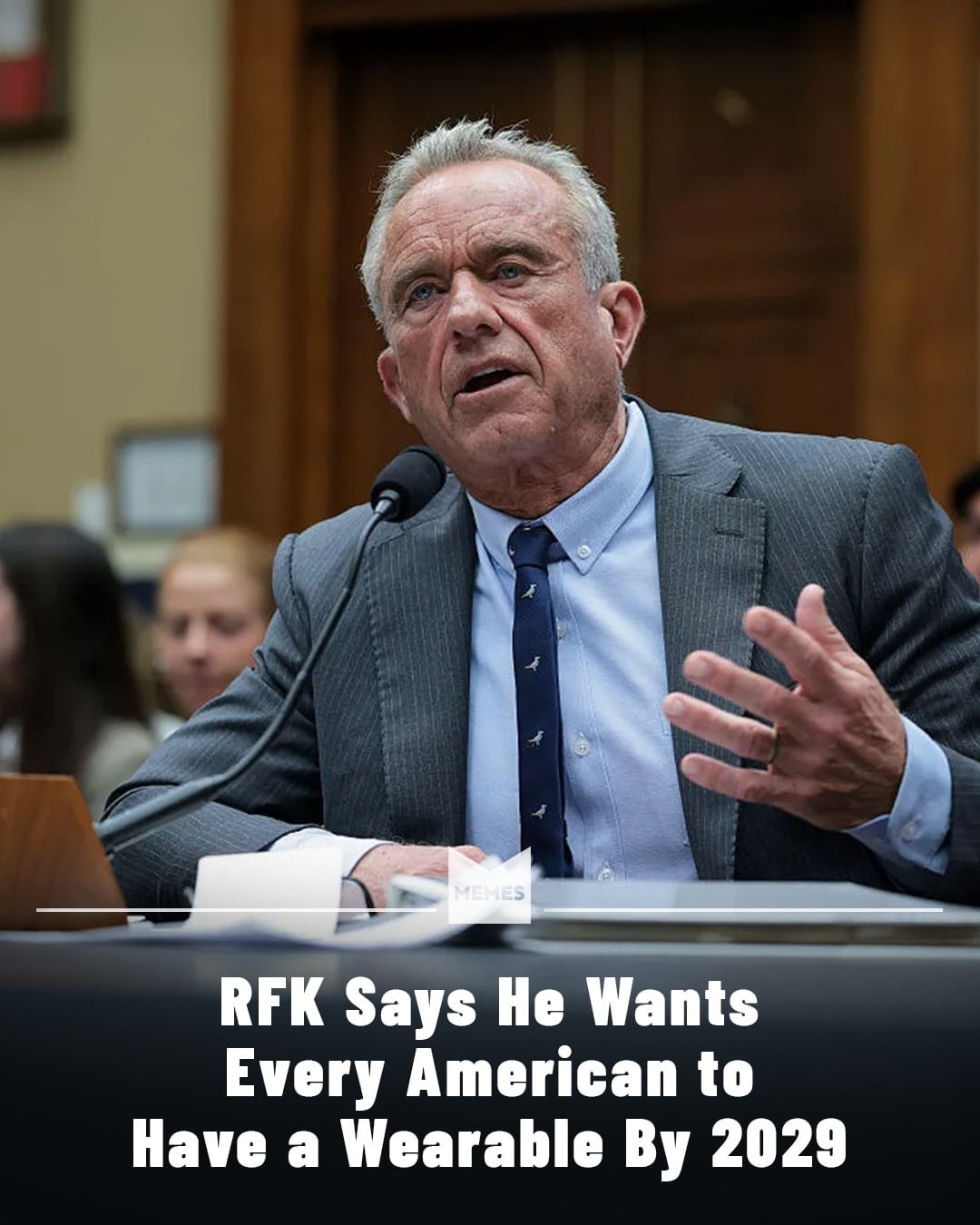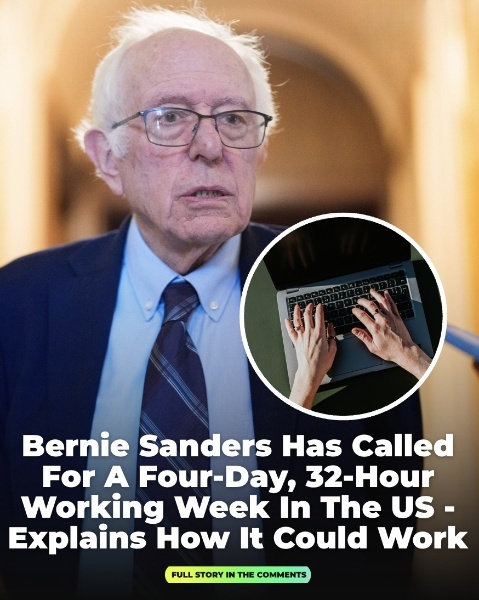RFK Jr. aims for all Americans to be using a device by 2029—Big Tech or Big Brother?
Robert F. Kennedy Jr. has announced an ambitious goal before Congress: for every American to wear a health-tracking device within four years. He promised a major promotional campaign through the Health and Human Services (HHS) department to distribute smartwatches and activity monitors.
Kennedy emphasized that these wearables are powerful tools for self-monitoring. They track metrics like heart rate, glucose levels, and sleep patterns, helping users make informed choices about their diet and exercise.
Compared to expensive medications, wearables are relatively affordable. HHS plans to partner with health-tech companies to promote accessibility and education, turning device usage into a public health movement.
The initiative aims to shift healthcare from periodic check-ups to continuous self-tracking. Benefits include early detection of issues like sleep apnea or infections.
However, challenges remain. Critics highlight barriers for rural and marginalized communities, including cost and connectivity. Large-scale effectiveness is still unproven, and accuracy varies.
Privacy concerns are significant. Sensitive health data collected by wearables could be vulnerable to hacking, misuse, or access by insurers and advertisers.
There are also ethical worries. Some fear insurers might use this data to adjust premiums or deny coverage. While wearables can motivate healthier habits, mandatory use raises questions about personal freedom and consent.






